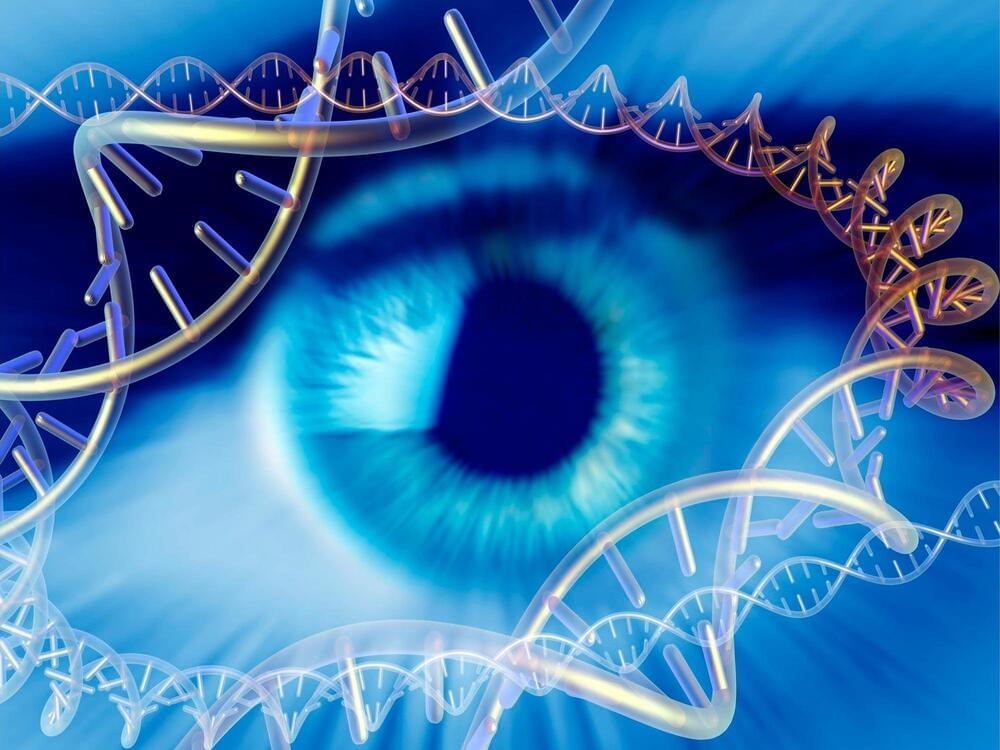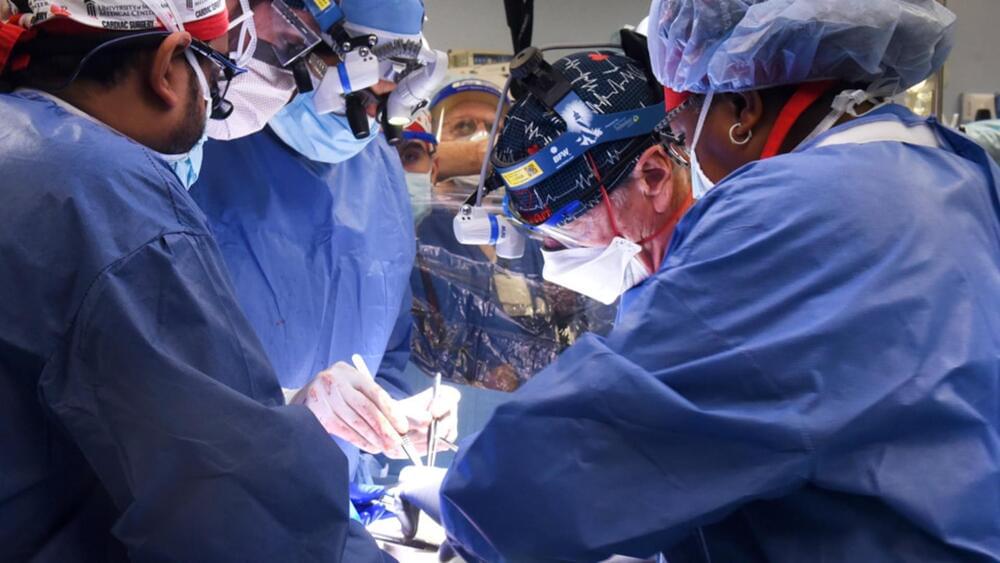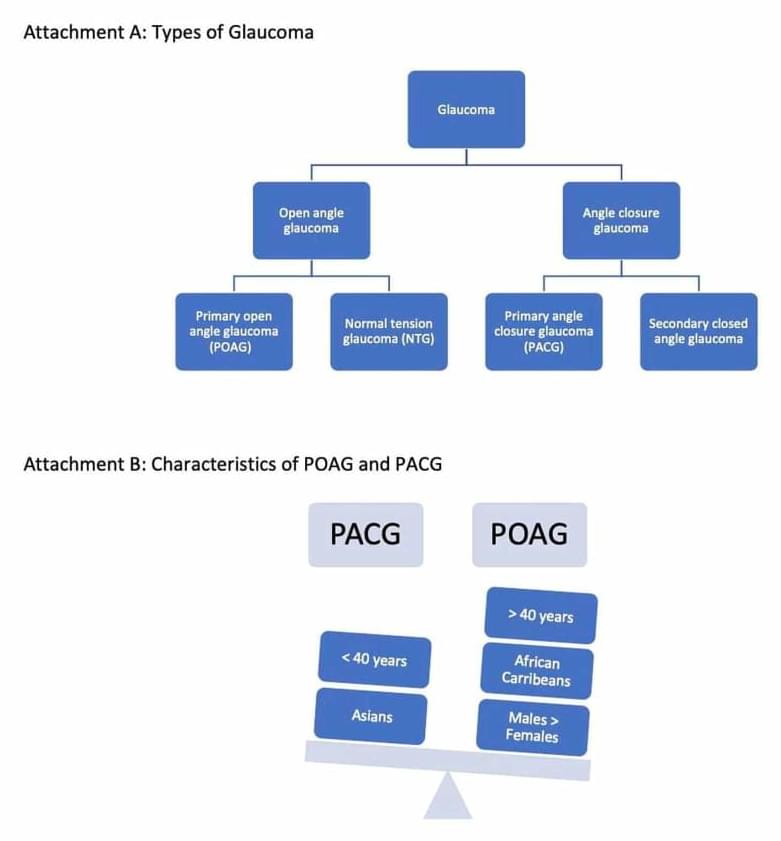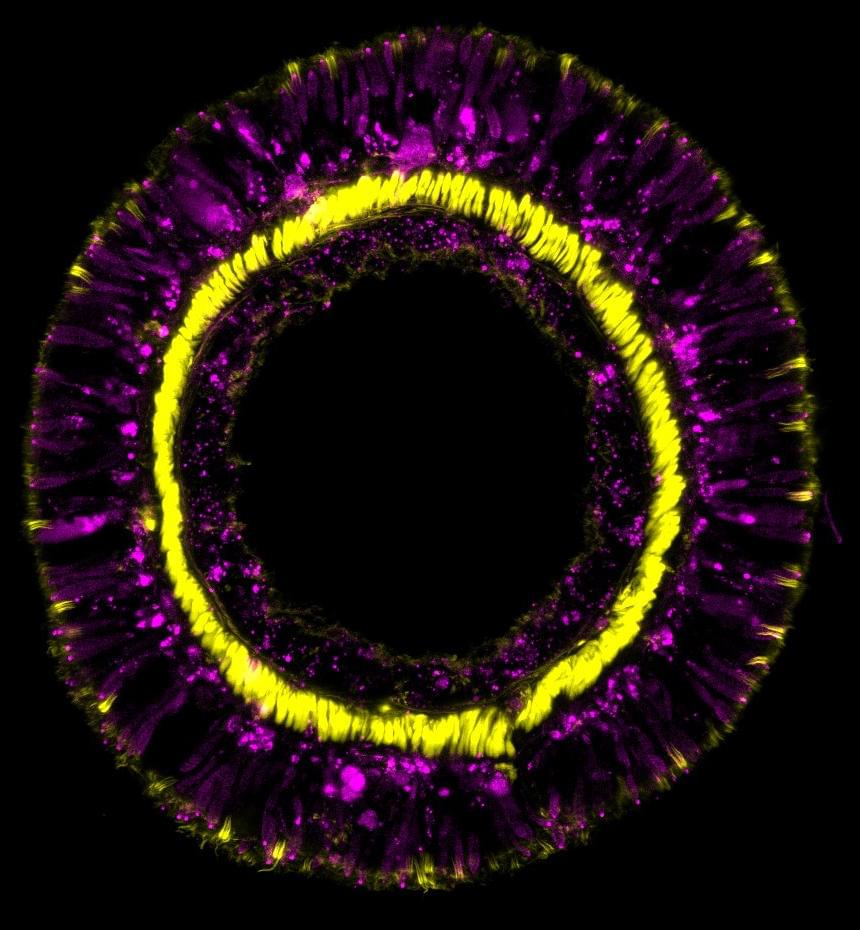The patients had some, although severely diminished, visual function during the day, however, at night they were essentially blind, with light sensitivity 10,000–100,000 times less than normal.
According to researchers at the Scheie Eye Institute at the Perelman School of Medicine at the University of Pennsylvania, adults with a genetic form of childhood-onset blindness experienced remarkable recoveries of night vision within days of receiving an experimental gene therapy.
The patients had Leber Congenital Amaurosis (LCA), a congenital blindness caused by GUCY2D gene mutations. The findings were published in the journal iScience. The researchers administered AAV gene therapy, which contains the DNA.






